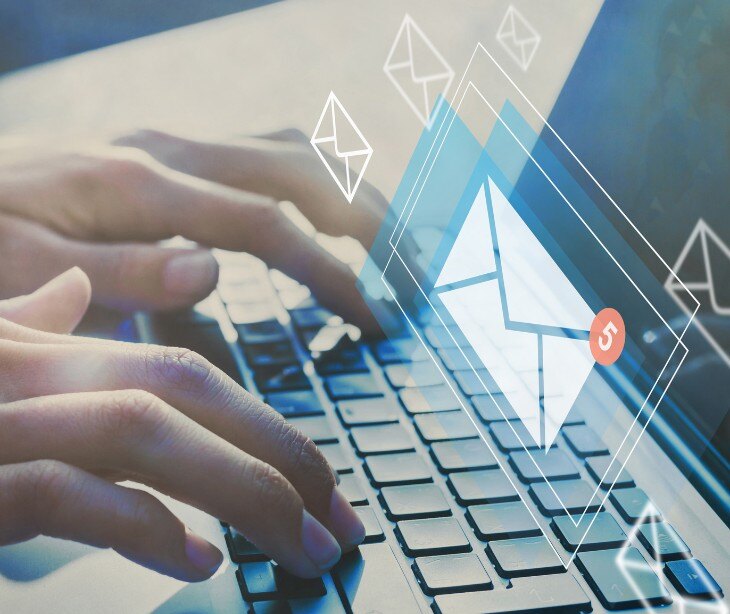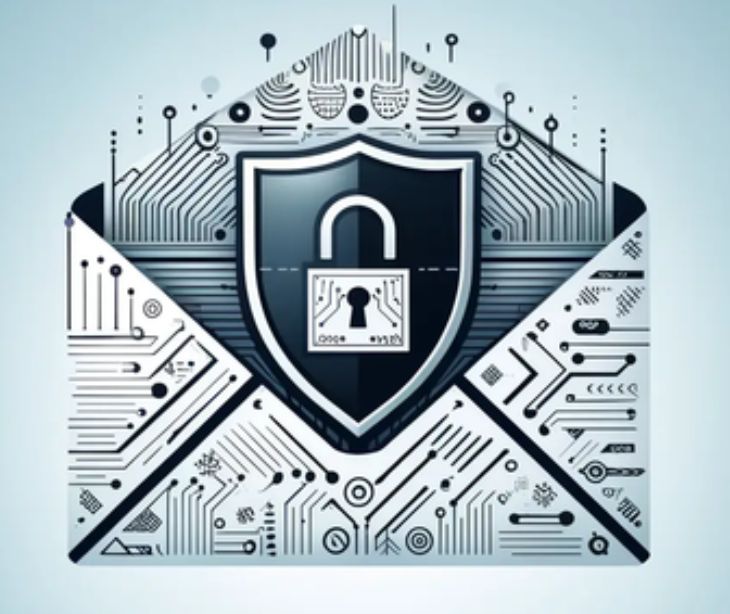
With HIPAA compliance email training on best practices, healthcare organizations can reduce the risk of data breaches, avoid costly penalties, and foster a culture of compliance.
HIPAA and email communication
A recent survey revealed 80% of patients prefer using digital channels for communication with healthcare providers at least some of the time, and 44% prefer digital communications the majority of the time. Given the widespread use of email in healthcare, ensuring that protected health information (PHI) shared through this medium is adequately protected helps maintain compliance. To protect PHI, covered entities must comply with the HIPAA Privacy Rule, which permits the use of electronic methods for communication “provided they apply reasonable safeguards when doing so.”
Why HIPAA training is essential for email communication
While email communication is efficient, it also comes with significant risks, such as phishing attacks, unauthorized access, and accidental disclosure of sensitive information. HIPAA training for email communication addresses these risks by equipping employees with the knowledge and tools necessary to safeguard patient data.
- Preventing breaches: Breaches often occur due to human error or phishing scams, where employees unknowingly share sensitive information with unauthorized parties. Training helps employees recognize potential threats and avoid behaviors that put data at risk.
- Avoiding legal consequences: HIPAA violations can lead to penalties, including fines of up to $71,162 per violation. Regular training ensures that employees understand the consequences of non-compliance and their role in preventing violations.
- Building a culture of compliance: Consistent training fosters an organizational culture where HIPAA compliance is ingrained in everyday workflows. Employees become more vigilant and proactive in protecting PHI when they understand its importance.
Components of HIPAA training for email communication
HIPAA training for email communication should cover several critical components to ensure staff can handle patient information securely and in compliance with the law.
- Recognizing and handling PHI: Employees need to understand what qualifies as PHI and how it should be handled, including understanding when an email contains PHI and who has authorization to view it.
- Encryption practices: One of the most effective ways to protect PHI in email communication is through encryption. HIPAA requires that any emails containing PHI be encrypted during transmission to prevent unauthorized access. Training should cover how to use encryption tools and the importance of encrypting all sensitive data.
- Access controls: Employees should be trained on limiting access to email accounts and communications that contain PHI. Access should be granted only to those who need it for their roles. Training should also emphasize the importance of logging out of shared devices and using secure passwords.
- Audit logs: Maintaining and reviewing audit logs is a key element of HIPAA compliance. Audit logs track who accesses PHI and when, allowing healthcare organizations to monitor for unauthorized access. Employees should be trained on the importance of audit logs and how they help maintain security.
Best practices for HIPAA compliant email communication
To maintain HIPAA compliance in email communication, healthcare organizations should implement several best practices, which employees should be familiar with through training.
- Use HIPAA compliant email services: Not all email services meet the stringent security requirements of HIPAA. Healthcare organizations should choose providers that offer HIPAA compliant email platforms, such as Paubox Email Suite or similar services. These platforms offer seamless encryption, audit trails, and other security features tailored for healthcare.
- Limit PHI in emails: Employees should be trained to avoid including unnecessary PHI in email communications. When sharing PHI is essential, the information should be minimal and only provided to the individuals who need it. For example, using patient initials instead of full names can help limit exposure.
- Two-factor authentication (2FA): Employees should be encouraged to use two-factor authentication (2FA) when accessing email accounts. 2FA adds an extra layer of security by requiring employees to provide two forms of identification, such as a password and a code sent to their phone, before accessing sensitive information.
Go deeper: HIPAA Compliant Email: The Definitive Guide
FAQs
What is HIPAA, and how does it relate to email communication?
HIPAA is a U.S. law that mandates the protection and confidentiality of PHI. Regarding email communication, HIPAA sets standards for how ePHI must be transmitted to ensure it is secure and not accessible to unauthorized individuals.
How often should healthcare employees receive HIPAA training for email communication?
Healthcare employees should receive HIPAA training upon hire and at least annually thereafter. Additionally, refresher training should be provided whenever there are updates to HIPAA regulations, organizational policies, or new threats like phishing attacks. Periodic training ensures employees stay up-to-date on best practices for protecting patient information.
Go deeper: How often is HIPAA training required?
Are personal email accounts HIPAA compliant?
Personal email accounts are generally not HIPAA compliant because they lack the necessary encryption, audit logs, and security features required by HIPAA. Healthcare organizations should use specialized HIPAA compliant email services that provide encryption and other security features to ensure the safe transmission of ePHI.
Subscribe to Paubox Weekly
Every Friday we'll bring you the most important news from Paubox. Our aim is to make you smarter, faster.



